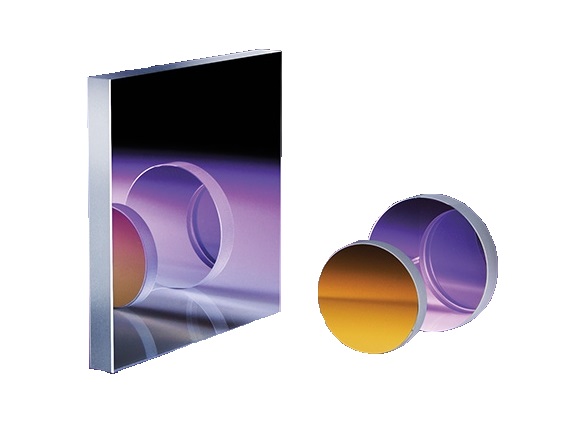
Flat Mirrors are Optical Mirrors designed for a variety of applications, including beam steering or folding, interferometry, or as optical components within imaging systems. Additionally, Flat Mirrors are ideal for lab or OEM integration. Surface flatness is a measurement of the roughness of the surface
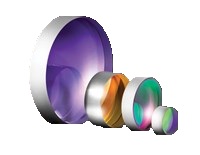
Laser Line Mirrors are used for beam-steering in demanding laser applications. Laser Line Mirrors are Optical Mirrors that have been designed for specific laser types or wavelengths.
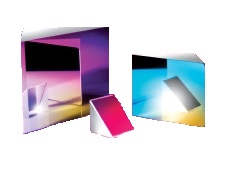
Broadband Dielectric Laser Mirrors are designed with high reflectivity across a wide range of wavelengths. Broadband Dielectric Laser Mirrors are ideal for UV, visible, and NIR spectral ranges for beam steering applications that utilize broadband tunable laser sources or systems with multiple laser sources.
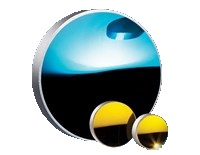
Focusing Mirrors, or Concave Mirrors, are often used in applications that require light collection. Focusing Mirrors are also ideal for use in imaging systems, as they do not introduce chromatic aberration. As light strikes the surface of a Concave Mirror, the mirror’s surface profile causes the reflected light to focus to a point
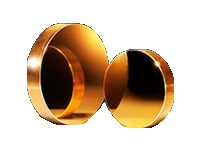
IR Mirrors are Optical Mirrors designed for enhanced reflectance of the Infrared (IR) spectrum. IR Mirrors are used in a range of applications, including optical path folding or beam steering.
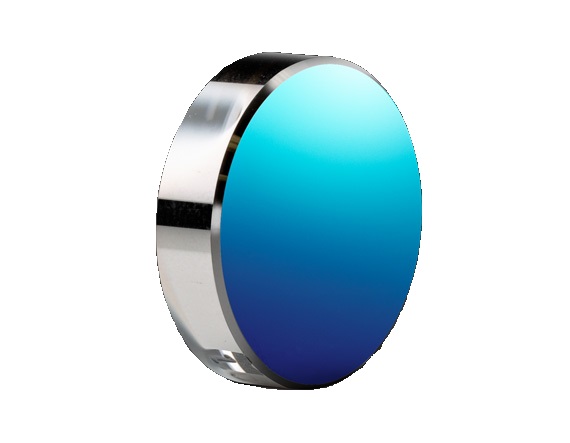
Extreme Ultraviolet (EUV) Spherical Mirrors feature multilayer Mo/Si coatings just like the Extreme Ultraviolet (EUV) Flat Mirrors, but they utilize a curved substrate for focusing unpolarized EUV sources at a 5° angle of incidence. They offer >60% reflection at 13.5nm, a <3Å RMS surface roughness, and narrow pass band of 0.5nm.
FIll out the form below and we will cantact you as soon as possible
